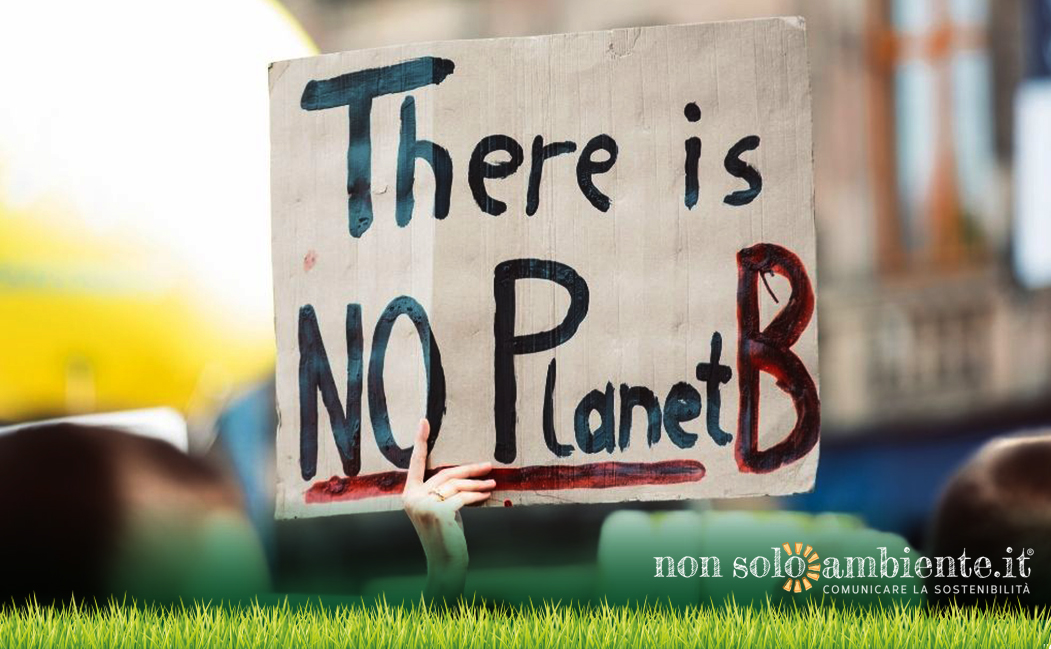
Ultime Notizie

Milan reshapes the concept of mobility in the post-Covid19 time: the health crisis can be an opportunity to improve the environmental conditions of the city, to increase environment-friendly travels and to redesign the use of roads and public spaces.
English version: Lara Gastaldi
Milan aims for building bike paths, which follow European capitals’ standards. The city of Milan, therefore, does not intend to take any steps back after the lockdown. The stalled mobility has served as a lesson and air quality data, which are at the lowest remarkably point throughout Italy, especially in the northern areas. Bikes have gained space, thanks to the new bike path on Viale Duilio (located in CityLife area). The intervention is part of the plan to upgrade the city's cycle network, which is recently undergoing after the end of the lockdown due to Covid-19 emergency.
The new path has been added to those in the Bicocca area and the first section of the bike path – which starts from Piazza San Babila and ends at Sesto San Giovanni through Corso Venezia, Corso Buenos Aires and Viale Monza. The project, which aims to revitalize Milan's mobility, is called "Strade Aperte” (Open Roads – translator’s note) and involves the construction of new bike paths.
Pedestrian paths will also be included through the widening of sidewalks and temporary pedestrians-only areas are planned in the neighbourhoods, expanding the offer for children's play activities. It will also be easier to lay tables for bars and restaurants in the rest areas to have enough space, which is difficult to have due to social distancing.
The goal is to add about 35 km to the existing bike path by 2020. Milan aims to be a so-called “City 30”, which is a kind of urban area that allows to the 60% of its entire urban road network the maximum speed limit of 30 km/h (replacing the 50 km/h provided by the traffic laws as the maximum allowed limit). Speed moderation provides significant benefits in terms of urban space quality, safety, lessening of accidents and reduction of emissions caused by traffic.
Milan is becoming more and more European. In 1973 another global crisis – the energy crisis – prompted a transport revolution: in the Netherlands, the government started a mass programme for the construction of bike paths and today the 30% of Dutch national journeys are performed by bike.
Today, in the post-Covid19 era, cities reshape themselves in terms of citizens’ wellbeing. Berlin immediately started expanding existing bike paths to balance the reduction of public transport. In Paris, Anne Hidalgo announced the proposal for a 100% bike-friendly city by 2024. Ile-de-France has already allocated 300 million euros for the development of new paths which quickly connect Paris to municipalities.
Tags:
Potrebbero interessarti ...
Snam’s commitment to sustainability at Dubai Expo 2020
13 Ottobre 2021No more chocolate by 2050 because of extreme droughts effects
22 Settembre 2021How much CO₂ do urban forests absorb?
15 Settembre 2021Iscriviti alla nostra Newsletter!
Sei un sostenitore dell'ambiente in tutte le sue forme? Allora sei nel posto giusto!
Iscriviti subito!




